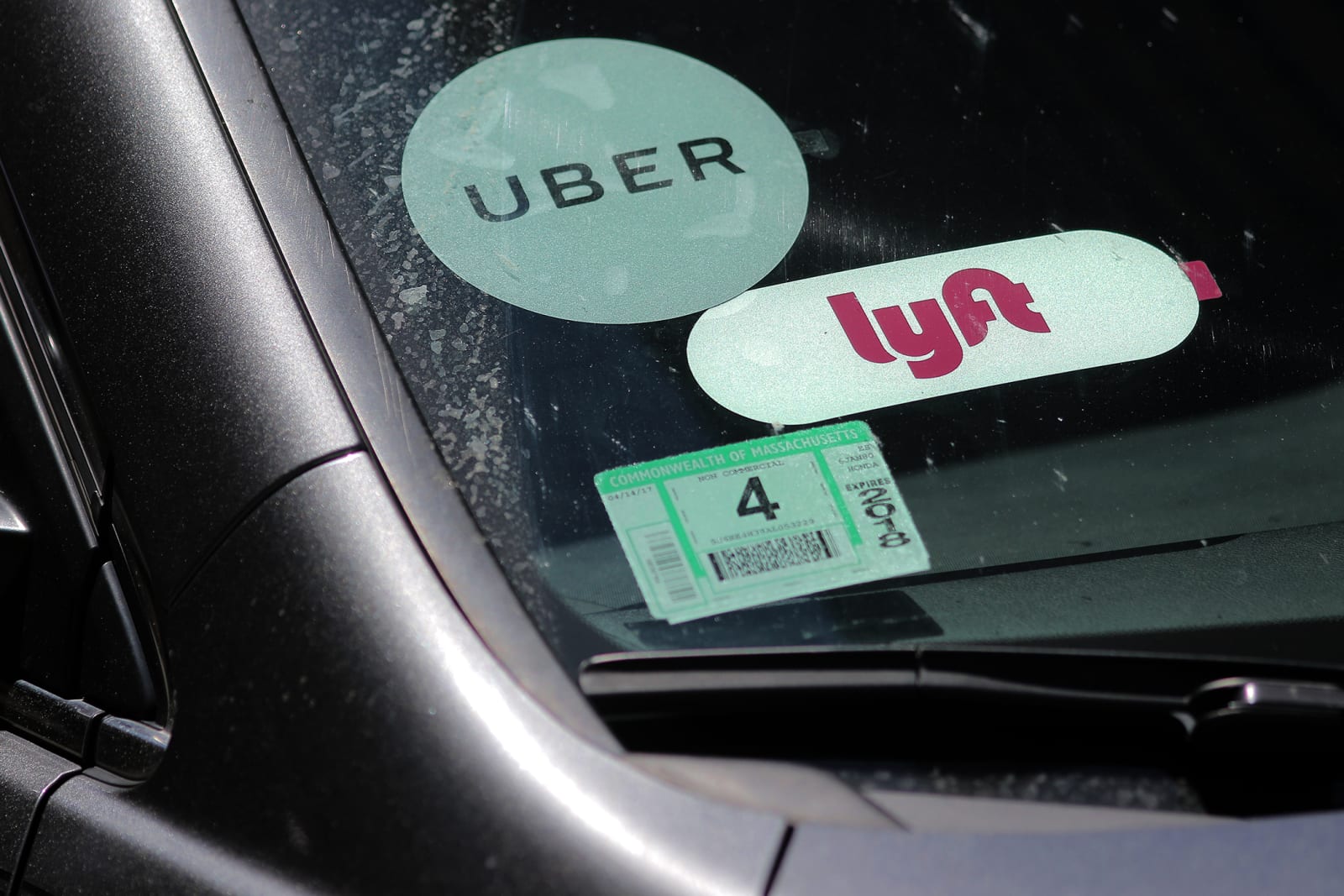When you step into a ridesharing car, you probably assume that whatever you do inside the vehicle won’t be recorded for posterity. But what if it turned out that you were not only on camera, but live on the internet? Like it or not, that’s happening — and not always with permission. The St. Louis Post-Dispatch has cited the example of Jason Gargac, an Uber and Lyft driver who has been broadcasting “hundreds” of trips on Twitch without explicitly obtaining consent. While Gargac has taken steps to protect passengers (such as muting addresses and moderating lewd chat comments), at least some of these customers said they wouldn’t have entered the car had they known they were in a livestream — and it was possible to identify some of them through details in archived videos.
Gargac has asserted that his streams are legal, since Missouri allows one-party recording of conversations. However, it doesn’t appear that he’s entirely forthright with passengers about what’s happening. A sticker on the car tells passengers that they consent to being recorded if they enter the vehicle, but it describes the camera as “for security.” There’s no mention of the internet stream. And in a sense, it’s taking advantage of customers who either aren’t aware of the sticker or don’t have much choice. If you’re entering the car at night or are in a hurry, are you going to give much heed to a sticker as you hop in?
There might not be much the ridesharing companies can do, at least not without changes to their policies. Both Uber and Lyft have responded with statements that drivers are required to obey local laws, which technically puts drivers like Gargac in the clear. Uber has offered passengers credit and promised not to pair affected riders with the driver. We’ve asked Twitch for comment as well. Gargac has taken care to avoid at least some terms-of-service violations, but it’s not certain whether these are enough.
Regardless of the legality, streams like this raise plenty of questions about the nature of recording laws in the livestreaming era, not to mention the policies of the companies involved. Although Gargac argues that his car is a public space and thus doesn’t have an expectation of privacy, that’s clearly not how some passengers see it. They’re often holding deeply personal conversations or conducting themselves in less-than-flattering ways, and certainly aren’t expecting to have their behavior broadcast online. Stricter policies could ensure that passengers both offer genuine consent and know that their privacy will be protected if they do agree to a livestream.
Source: St. Louis Post-Dispatch





